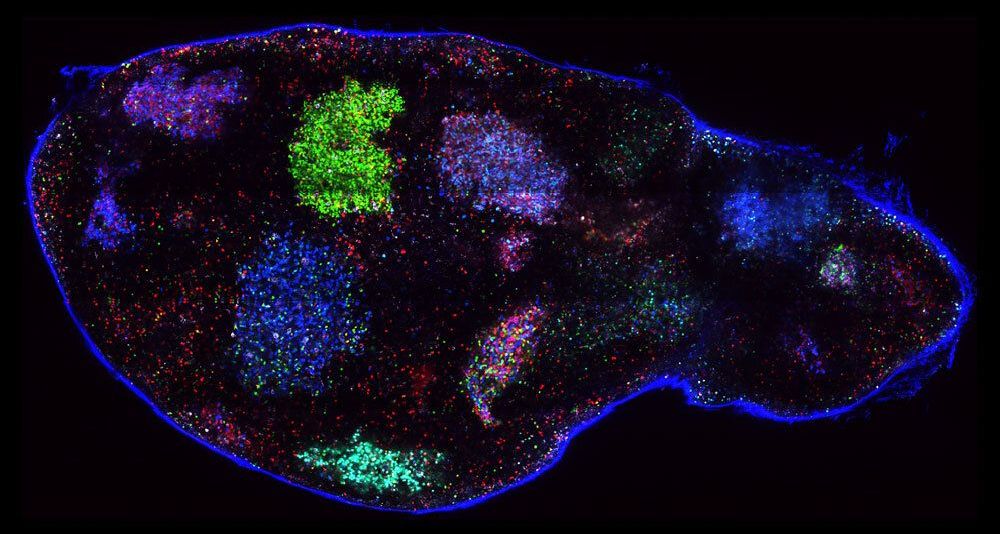Every year, we’re reminded to return to the pharmacy for a flu shot. Why can’t we have a flu vaccine that offers long-term protection, like those for measles or polio? That’s because the influenza virus continuously evolves, so the immune response we build up one year might not work the next year—or even on the version of the flu you catch the same year. As a result, the virus remains dangerous: last year, it caused more than 60,000 deaths in the United States alone.
New findings, published in Cell, reveal why making a general-purpose vaccine that guards against all versions of the flu is so hard: Instead of improving its memory of the previous version of virus, the immune system develops its response to the new virus variant from scratch, mostly using immune cells that have no memory of the virus.
“If we can figure out how to help the immune system to keep building on what it has already learned, we could develop better vaccines for highly evolving viruses like the flu, or HIV, or Hepatitis C,” says Gabriel D. Victora, assistant professor at Rockefeller.
